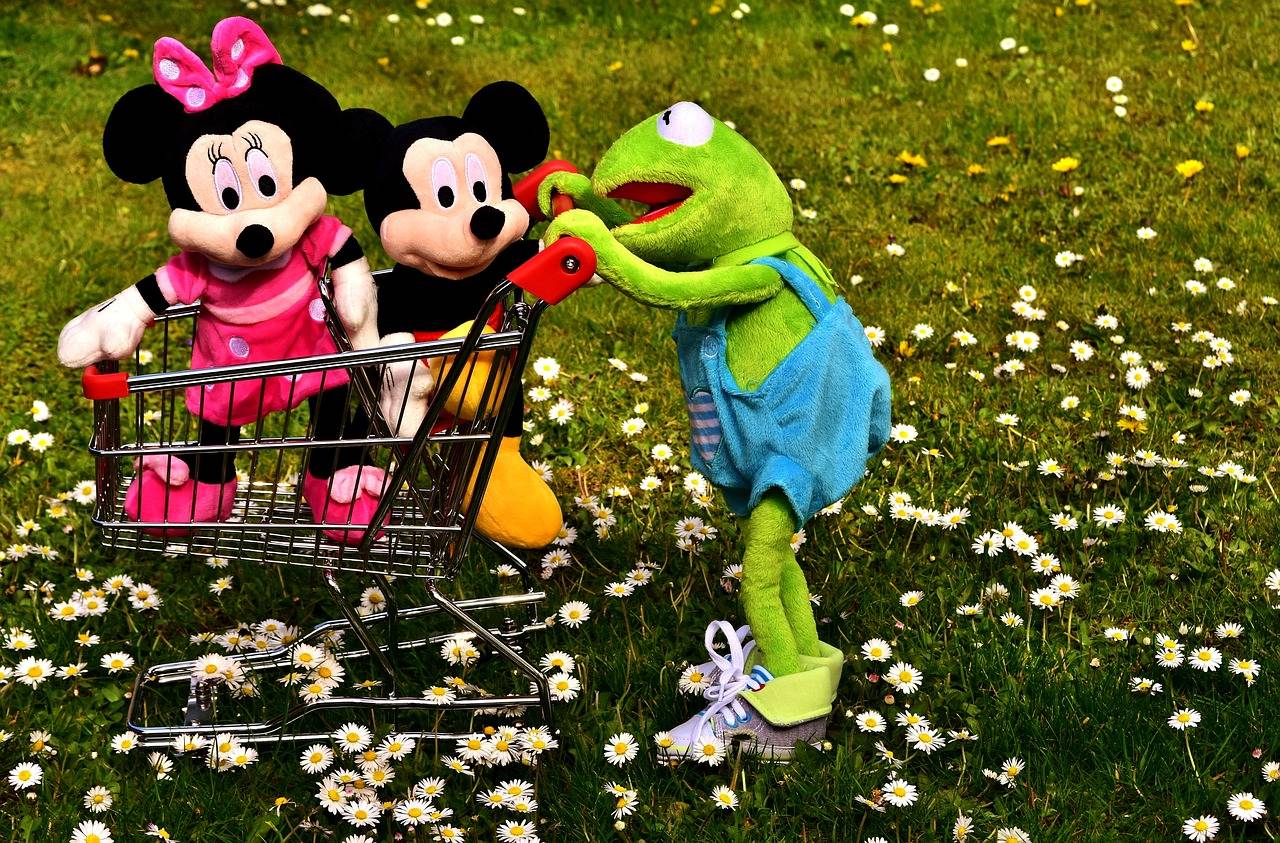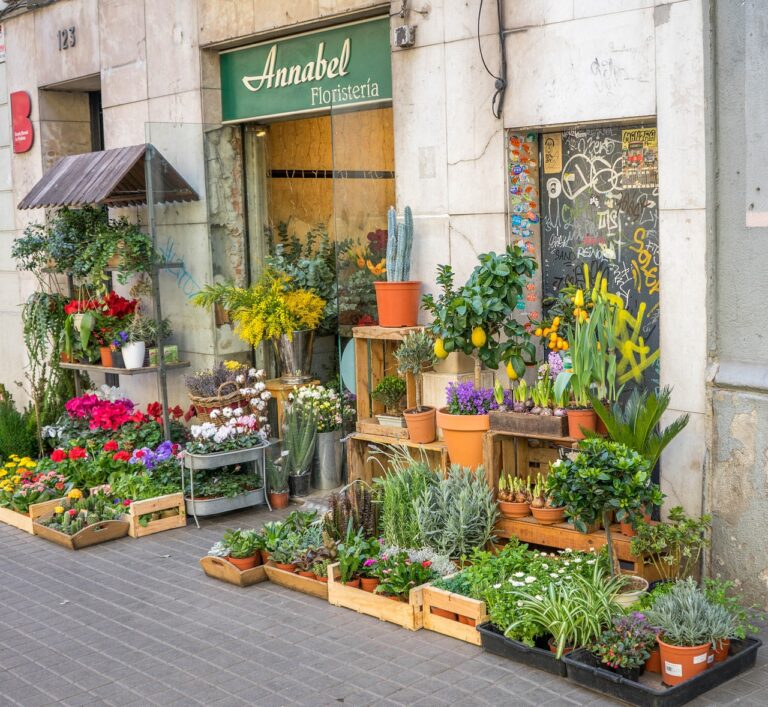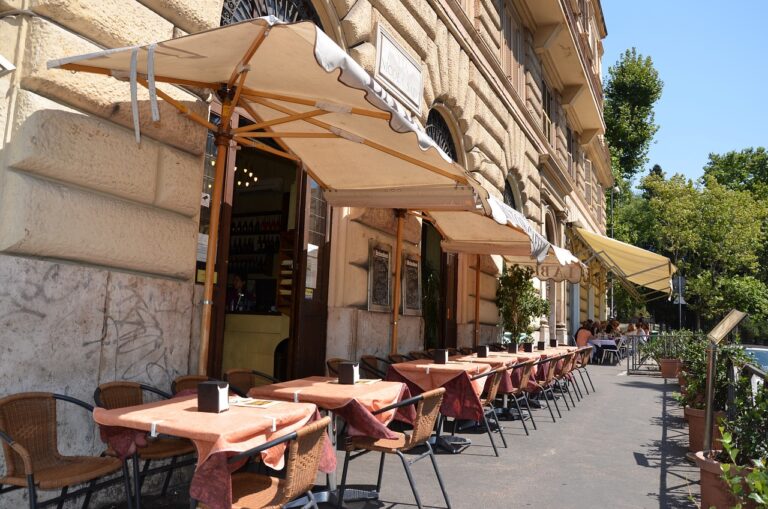Understanding the Circular Economy in Retail
Circular economy is an innovative approach that aims to redefine the traditional “take, make, dispose” linear model of production and consumption. Instead of creating waste and depleting resources, this concept promotes sustainability by keeping products and materials in use for as long as possible through practices like recycling, reusing, and remanufacturing. By closing the loop on the production cycle, circular economy seeks to minimize waste generation and reduce the environmental impact of businesses and industries.
In a circular economy, resources are considered valuable assets that should be preserved and utilized efficiently. This shift in mindset encourages businesses to rethink their manufacturing processes, product design, and end-of-life management strategies to create a more sustainable and resilient economic system. By prioritizing resource conservation and circularity, companies can not only reduce their environmental footprint but also drive innovation, foster collaboration across value chains, and create new opportunities for economic growth and competitiveness.
Benefits of Implementing Circular Economy in Retail
Implementing a circular economy in retail brings numerous advantages to businesses, customers, and the environment. By adopting practices such as reducing waste, reusing resources, and recycling materials, retailers can minimize their environmental impact. This not only helps in lowering production costs but also enhances the brand image by showcasing a commitment to sustainability, thus attracting eco-conscious consumers.
Moreover, transitioning to a circular economy in retail can lead to increased innovation and business opportunities. Companies that embrace circular practices are encouraged to design products that are durable, repairable, and easily recyclable. This shift towards a more sustainable approach fosters creativity in product development and offers new revenue streams through services like product repair and remanufacturing.
Challenges Faced by Retailers in Transitioning to Circular Economy
Retailers face a myriad of challenges when transitioning to a circular economy. One key obstacle is the need to redesign their business models to prioritize sustainability and resource efficiency. This shift requires careful planning and investment in new technologies and processes that enable the recovery and recycling of materials.
Additionally, retailers often struggle with sourcing sustainable materials and products that align with the principles of the circular economy. Finding suppliers that meet these criteria while maintaining product quality and affordability can be a daunting task. Furthermore, educating consumers about the benefits of circular economy practices and encouraging them to change their consumption behaviors poses another significant challenge for retailers.





